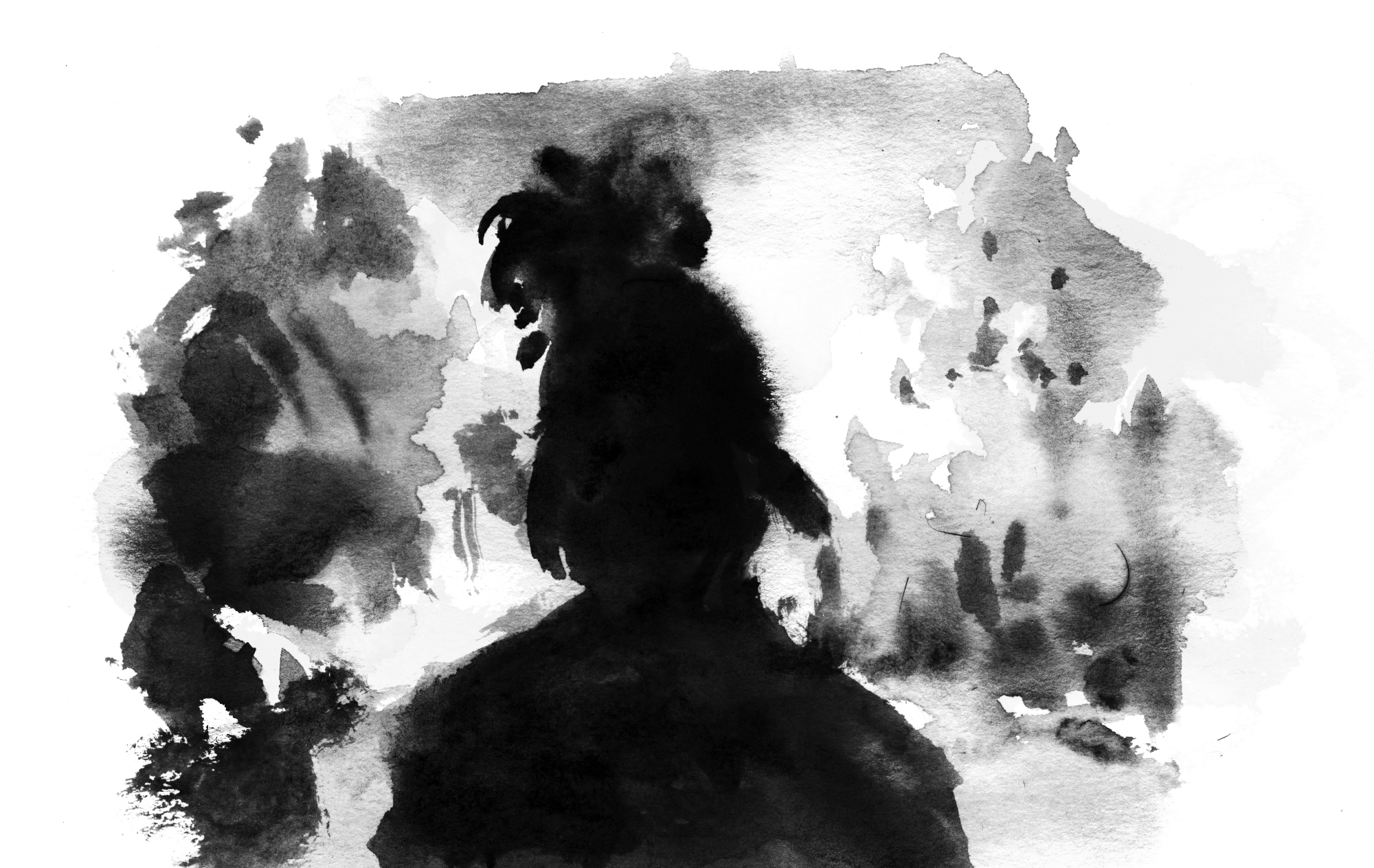
“I love villains — they’re the best characters in movies, right?”
— Abel Tesfaye to Pitchfork Media, 2015
“The Hills have eyes! The Hills have eyes!
Who are you to judge, who are you to judge?”
— “The Hills,” The Weeknd, 2015
Before and after the King of Pop’s death, musical titans from Rihanna, to Drake, to Lady Gaga (and especially Kanye West) treated Michael Jackson as a divine entity — quoting and sampling his songs, emulating his dance moves, and publicly discussing the universal success and celebrity status that consumed and eventually destroyed him. The freshest mainstream distillation of Jacksonian pop comes from Abel Tesfaye, aka The Weeknd, in the form of “The Hills,” the follow-up single to the #1 smash “Can’t Feel My Face.” It also currently rests atop the Billboard Hot 100 — Tesfaye is the 11th artist in history to replace himself at #1. The single marks a seminal moment in Tesfaye’s career trajectory: if MJ’s zombie-ridden, scream-filled, 14-minute long “Thriller” music video cemented his international stardom, then “The Hills” is Abel Tesfaye’s “Thriller” moment.
Tesfaye’s parallels with MJ in range (falsettos!), style (moonwalk!) and tone (aching!) have been well-documented by critics and artists alike, but few have compared the artists’ dark lyrical themes. In the ‘80s, MJ crooned about jilted, love-child-bearing ex-lovers, the occult, and being “bad.” Tesfaye’s album, Beauty Behind the Madness, and “The Hills” in particular speak to these malaises, but on an even more sinister level. In “The Hills” music video, a visibly intoxicated Tesfaye escapes his wrecked car in a gated community, leaving behind battered women and exploding flames. With the sun waning, he indifferently limps alone to a hookup in an abandoned mansion and saunters upstairs to a room with three scowling women. The scene is draped in red light, symbolizing hell.
Tesfaye plays Christian Grey, Patrick Bateman, Jordan Belfort. It’s not Motown anymore; it’s LA. It’s not MJ in “Thriller,” watching movies and going on dates; it’s Facebook booty-calling and swiping right on Tinder. It’s not just horror and love and despair. It’s explicitly sex. Adultery. Drug abuse.
While Tesfaye has sung extensively about substances, he’s never sung more explicitly than here: “Always tryna send me off to rehab / Drugs started feeling like it’s decaf.” But does a combination of drugs exist that can produce the hyper-honest, fatalistic over-sharing of a line like “I only love it when you touch me / Not feel me”? When Tesfaye admits, “When I’m fucked up / That’s the real me,” is he stating a fact or happily giving an opinion? Would he even know?
Even the name “The Hills” alludes to a 1977 cult classic film “The Hills Have Eyes,” in which a suburban family is savagely murdered by a group of cannibals. “The Hills” might also refer to Hollywood, whose corrupting nature spelled MJ’s demise.
Illangelo, who has mixed songs by Drake, Florence & The Machine and Lady Gaga, and who has worked with The Weeknd since some of his earliest mixtapes, produces the song’s bleak backdrop. An exaggerated bass menaces and Tesfaye’s voice is distorted ever so slightly, as if we’re hearing a stream of consciousness siphoned out of his mind. A woman’s scream periodically manifests itself, foreshadowing destruction.
The only solace lies in the song’s denouement, when the discordant, minor-key staccato violin dissolves into a gossamer-like piano. Tesfaye returns to his Ethiopian roots, melismatically whispering in his native language, Amharic: “Ewedihalehu / Yene konjo, ewedihalehu / Yene fikir, fikir, fikir, fikir.” Loosely translated into “I love you very much / My beautiful / My love,” the deeply personal, tender non-sequitur forces listeners to question their initial perceptions of the story told in “The Hills.”
Tesfaye goes beyond embodying the melancholy essences of Lana Del Rey, Tame Impala, or Birdy — he conjures the spirits of Hemingway, Salinger and Camus, who convincingly sublimated humanity’s unrest and self-destructive capacity. That “The Hills” currently rests atop the Billboard 100 is as much a testament to The Weeknd’s musical prowess as it is to his fans’ empathy. In an interview with Pitchfork Media titled “The Dark Knight Returns,” Tesfaye disclosed, “I can never be Michael Jackson or do what he did, but he is definitely a good inspiration: I want to give the kids that feeling.” And he does. While it’s improbable that “The Hills” will achieve the cultural permanence of MJ’s “Thriller,” its chilling sentiment — and its parting hope — is already immortal.







